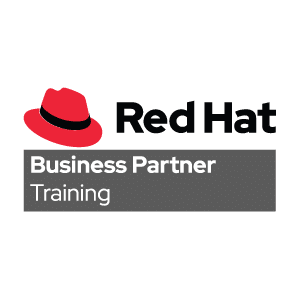Address security challenges by applying Red Hat Advanced Cluster Security for Kubernetes in an OpenShift cluster environment.
Customers want to learn how Red Hat Advanced Cluster Security for Kubernetes (RHACS) can help them solve their security challenges. However, their security teams might lack experience with Kubernetes and OpenShift, and so they have challenges with implementation. In particular, their security teams have several needs:
- Integrate RHACS with DevOps practices and know how to use it to automate DevSecOps, to enable their teams to operationalize and secure their supply chain, infrastructure, and workloads
- Assess compliance based on industry-standard benchmarks and get remediation guidance
- Apply vulnerability management, policy enforcement, and network segmentation to secure their workloads
RHACS customers might already be using external image registries and Security Information and Event Management (SIEM) tools. They need to integrate RHACS with their existing set of external components to achieve their security goals.







